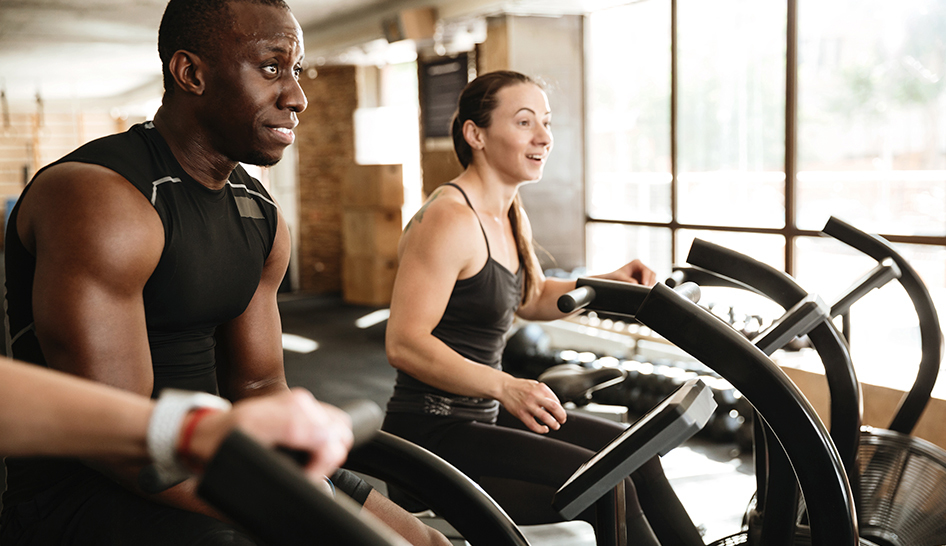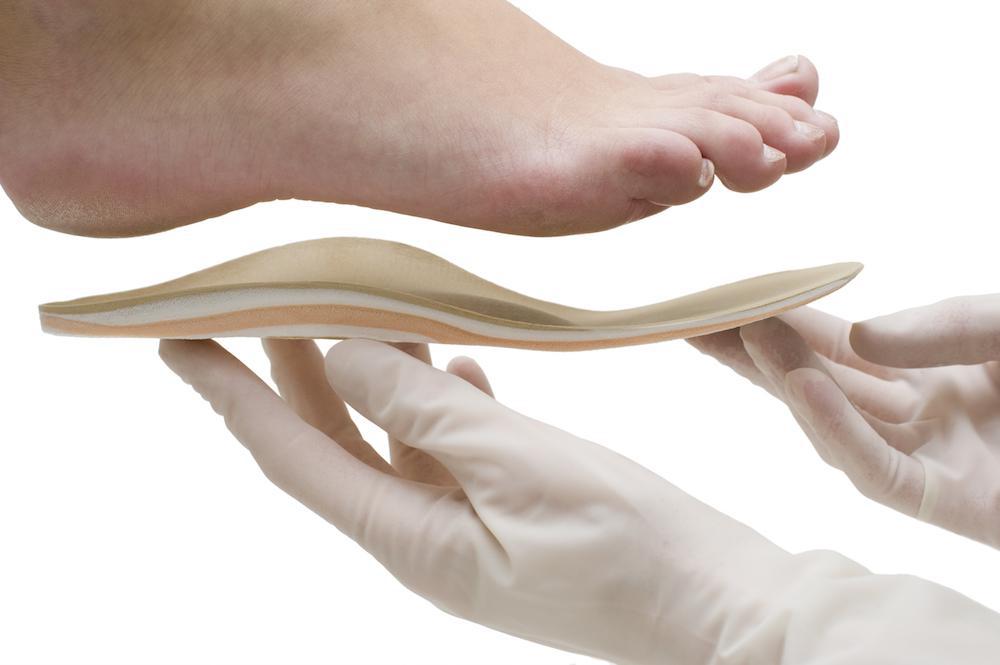Once kids become teenagers, it is quite common for them to want to improve their strength and muscle tone by lifting weights. Perhaps they play sports and want to work on their performance, especially those who play at a high level and have dreams of playing elite sport one day. Maybe they have an interest in improving their overall fitness and body composition.
So, when the teenage interest piques, their questions begin and then so do some concerns from parents about whether lifting weights at this age can be harmful to a young and still developing body. Some traditional fears are still lingering, commonly that strength training may limit skeletal growth and maturation. However, it is now thought that these adolescent years are ideal to use weights as they help to improve bone mass and structure.
As long as weight training is carried out safely, with good supervision and within their capability, there are many proven benefits for teenagers. So read below and feel more confident in encouraging them to pursue this avenue.
Benefits of Strength Training for Teenagers
Improves General Health
Lifting weights improves overall body health by boosting metabolism and reducing body fat, improving blood sugar levels and is great for bone mineral density. Along with aerobic exercise, strength training helps with heart function and blood pressure, reducing the risk of heart disease.
Posture can improve, better sleep patterns can arise and the stronger your body is, the more resilient you are against general disease and illness. Not only is strength obtained from lifting weights, but aerobic fitness is increased too which will enhance the ability to complete day to day activities.
Sets Up Healthy Habits
By beginning exercise and strength training during their teenage years, young people who have positive experiences with exercise early are much more likely to keep up these good habits and develop a healthy lifestyle they will continue with for years to come. The earlier a healthy lifestyle begins, the more likely it is to stick.
Improves Sporting Performance
Regarding performance in the sporting arena, strength training improves power, muscle strength, running speed and change-of-direction speed which are all positive and helpful for becoming a great athlete. Also, overall body strength powers your core, improves balance, protects your joints and builds bone, all contributing to reducing the risk of injury – and that’s a plus whether or not you play sport.
They Can Experience a Range of Exercises
It has been shown that bodyweight, free weight and machine weight exercises all improve strength in adolescents, however free weight training is preferred as it has more muscle activation. Keep in mind though that they must be proficient enough to train with free weights as there is less control than with using a machine. Ensuring there is some variety in exercises and equipment will help prevent boredom and keep motivation levels up.
Mood and Energy Levels Improve
Young people who undertake physical activity such as resistance training and lifting weights experience higher energy levels, improved and more even moods and improvements in their self-esteem. Exercise is also known to be great for providing sharper cognitive function and being able to think more clearly and make better decisions. Setting goals and meeting achievements can boost confidence too – tracking progress assists with staying engaged and motivated. Generally, you will feel much better in your everyday life.
Things to Remember Prior to Strength Training
Knowledge, good practice and assistance is essential for anyone beginning an exercise program or strength training, and especially for teenagers. Regardless of their age, it is important the young person is mature enough to accept and follow directions well. It is a good idea for teenagers and their parents to discuss some goals they hope to achieve that are realistic and suitable.
Take into account the young person’s previous activity, and if they have been relatively sedentary up to this point, ensure they have close supervision by a professional trainer. A trainer will make sure they spend adequate time practicing simpler movements and training exercises, gradually increasing the intensity, at a suitable pace for their experience and competence.
Beginning with only one or two sets and a low weight is best, performing multi-joint movements at first. Once they gain experience then the program can be adjusted. Close attention needs to be given to perfecting technique when lifting weights and a trainer will be able to instruct clearly and observe until the technique is correct and safe.
Exercise is good for all of us, so use these tips and support the teen in your life to participate in this healthy activity. If a muscle strain or injury does occur, seek immediate professional help from a qualified and experienced sports physiotherapist who will get your teenager moving pain free as soon as possible. Contact the team at Melbourne Sports Physiotherapy who offer a range of treatments, whether you require physio or remedial massage.



